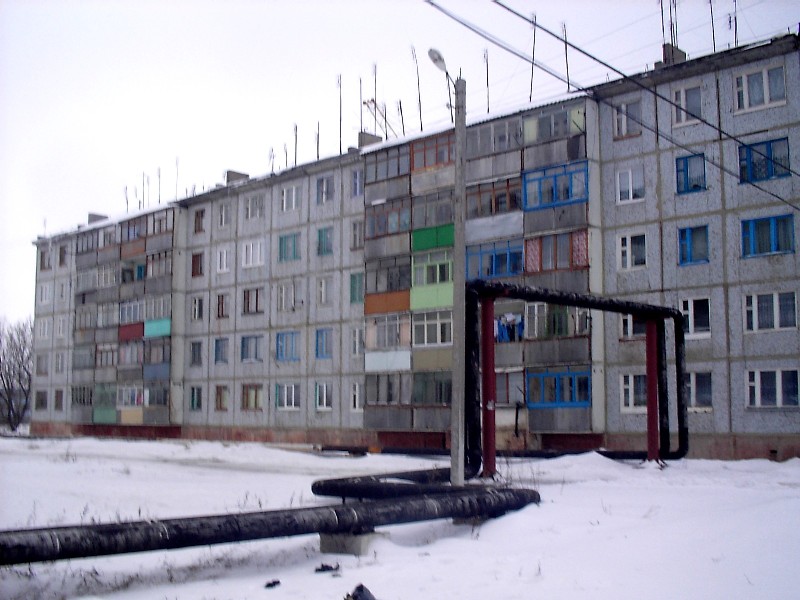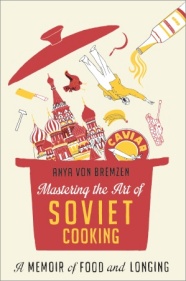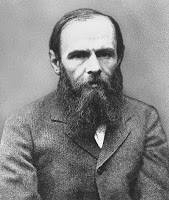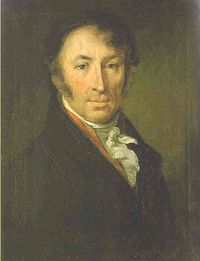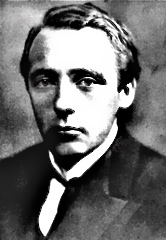Review– Death of a Past Life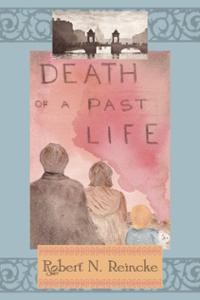
By Robert N. Reincke
©2008, Robert N. Reincke,
Published by Spunky Books, West Hollywood, CA. 484 pp.
Reviewed by John Dougherty
The history of Russia in the first half of the twentieth century is marked by so much turmoil and upheaval that it seems to speak of another world. Having grown up in the relatively peaceful milieu of middle-class America in the last decades of the twentieth century, I find it difficult to imagine a life that knew revolution, world war, another revolution, civil war, domestic political terror, another world war, and exile to an alien land. I continue to be fascinated with, and drawn to, the questions of how such events come to be, and how ordinary people manage to carry on in such circumstances. I was happy to find in Robert Reincke’s book, Death of a Past Life, some insight into this last question. This book traces the lives of the author’s grandmother and mother, from the end of Russia’s “belle époque,” to their escape from the Soviet Union at the end of World War II. Continue reading “Life in the Soviet Union between the World Wars”

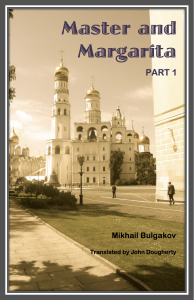 I
I
